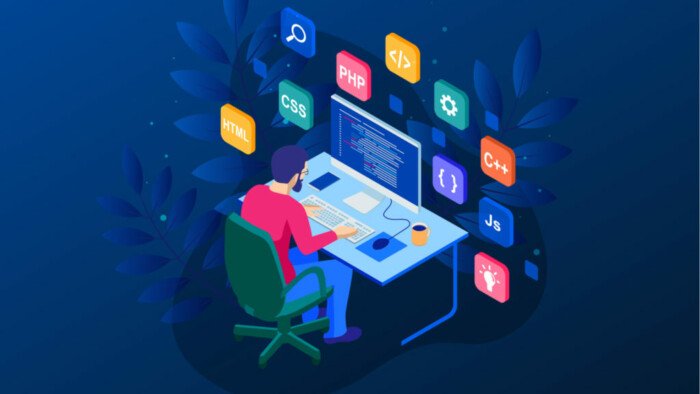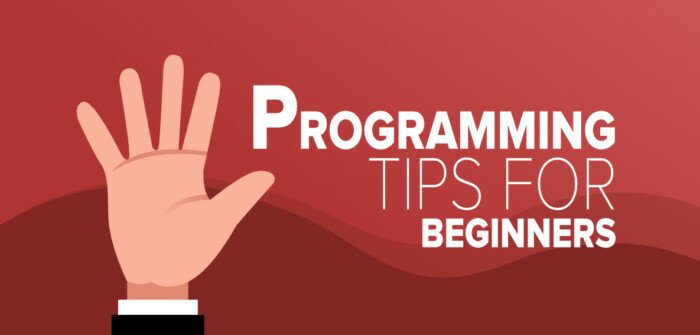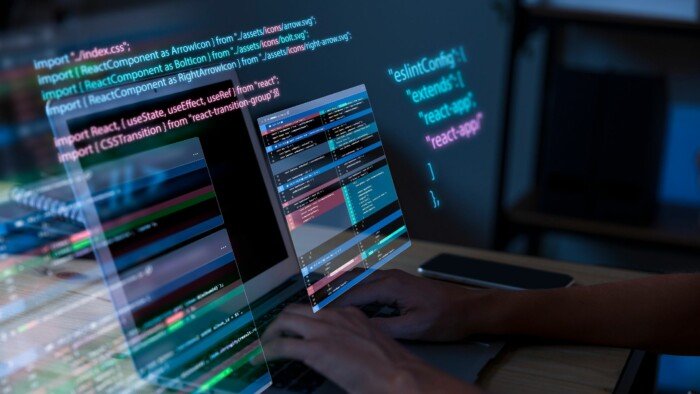|
Getting your Trinity Audio player ready...
|
Coding is both an art and a science, and mastering it requires effective tactics. In this article, we’ll delve into the strategies and practices that can help you become a proficient coder, whether you’re a beginner or looking to enhance your skills.
Problem-Solving: The Core of Coding
At the heart of coding lies problem-solving. Effective coders break down complex problems into smaller, manageable parts and use algorithmic thinking to develop step-by-step solutions.
Efficient Coding Practices: Writing Clean and Clear Code
Efficiency is key to producing maintainable and scalable code. Writing clean, well-documented, and modular code not only makes your work more understandable but also simplifies debugging and maintenance.
Staying Updated with Technology: Embracing Change
The tech world evolves rapidly, and staying current is crucial. Regularly updating your skills and learning new programming languages, frameworks, and tools ensures your relevance in the ever-changing industry.
Debugging: Identifying and Fixing Errors
Debugging is a critical skill. Effective debugging involves methodical error identification, testing, and troubleshooting until the problem is resolved.
Documentation: Leaving a Trail
Thorough documentation is essential, both for your own understanding and for the benefit of others who may work on your code. Documenting your code, including comments and explanations, simplifies collaboration and maintenance.
Version Control: Managing Code Changes
Version control systems like Git allow you to track changes, collaborate with others, and roll back to previous versions if needed. Learning Git and using platforms like GitHub or GitLab is standard practice in the coding world.
Continuous Learning: The Coding Journey
Coding is a journey of continuous learning. Keeping pace with new developments, tools, and best practices through courses, tutorials, and online communities is vital.
Code Optimization: Efficiency Matters
Optimizing code for performance and resource usage is a valuable skill. Proficient coders seek ways to make their code run faster, consume fewer resources, and scale efficiently.
Code Review: Learning from Peers
Code reviews provide an opportunity for peer feedback and learning. Receiving constructive criticism and reviewing others’ code can enhance your coding skills and foster collaboration.
Collaboration: Teamwork Matters
Many coding projects are team efforts. Learning to work effectively in a team, including communication, task management, and code integration, is essential for success.
Time Management: Productivity and Efficiency
Time management is crucial when working on coding projects. Setting goals, breaking tasks into manageable chunks, and maintaining focus are strategies that help you make the most of your time.
Testing: Ensuring Quality
Thorough testing, including unit testing and integration testing, ensures the quality and reliability of your code. Automated testing frameworks are valuable tools for this purpose.
Security Awareness: Protecting Your Code
Security is a top concern in coding. Being aware of common security vulnerabilities and implementing best practices to protect your code and data is essential.
Problem-Solving Communities: Seek Help and Share Knowledge
Online coding communities and forums, such as Stack Overflow, offer a wealth of knowledge and support. Don’t hesitate to seek help and contribute your knowledge to these communities.
Soft Skills: Effective Communication
Soft skills like effective communication, teamwork, and adaptability are valuable in coding. They facilitate collaboration and enhance your overall effectiveness as a coder.
Conclusion
In conclusion, coding is a multifaceted skill that requires a combination of problem-solving abilities, efficient coding practices, continuous learning, and effective collaboration. By embracing these tactics and cultivating a growth mindset, you can master the art of coding and excel in the dynamic and exciting field of programming.
You will find this useful!




